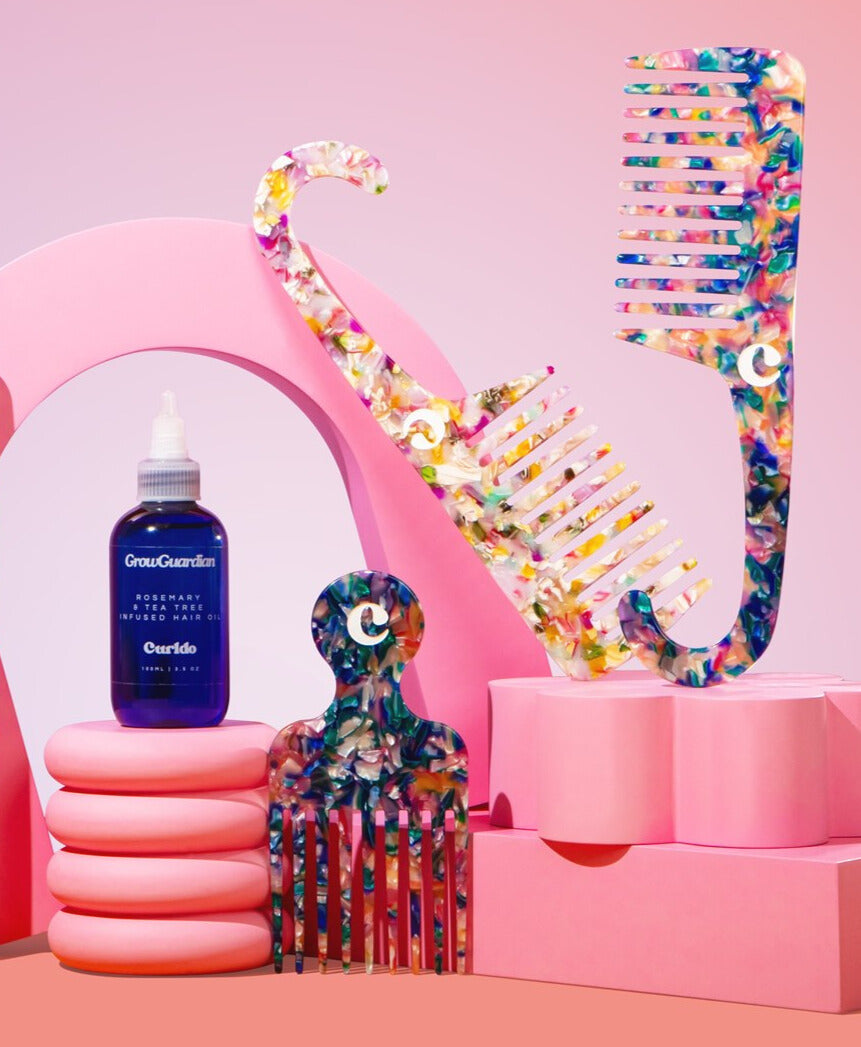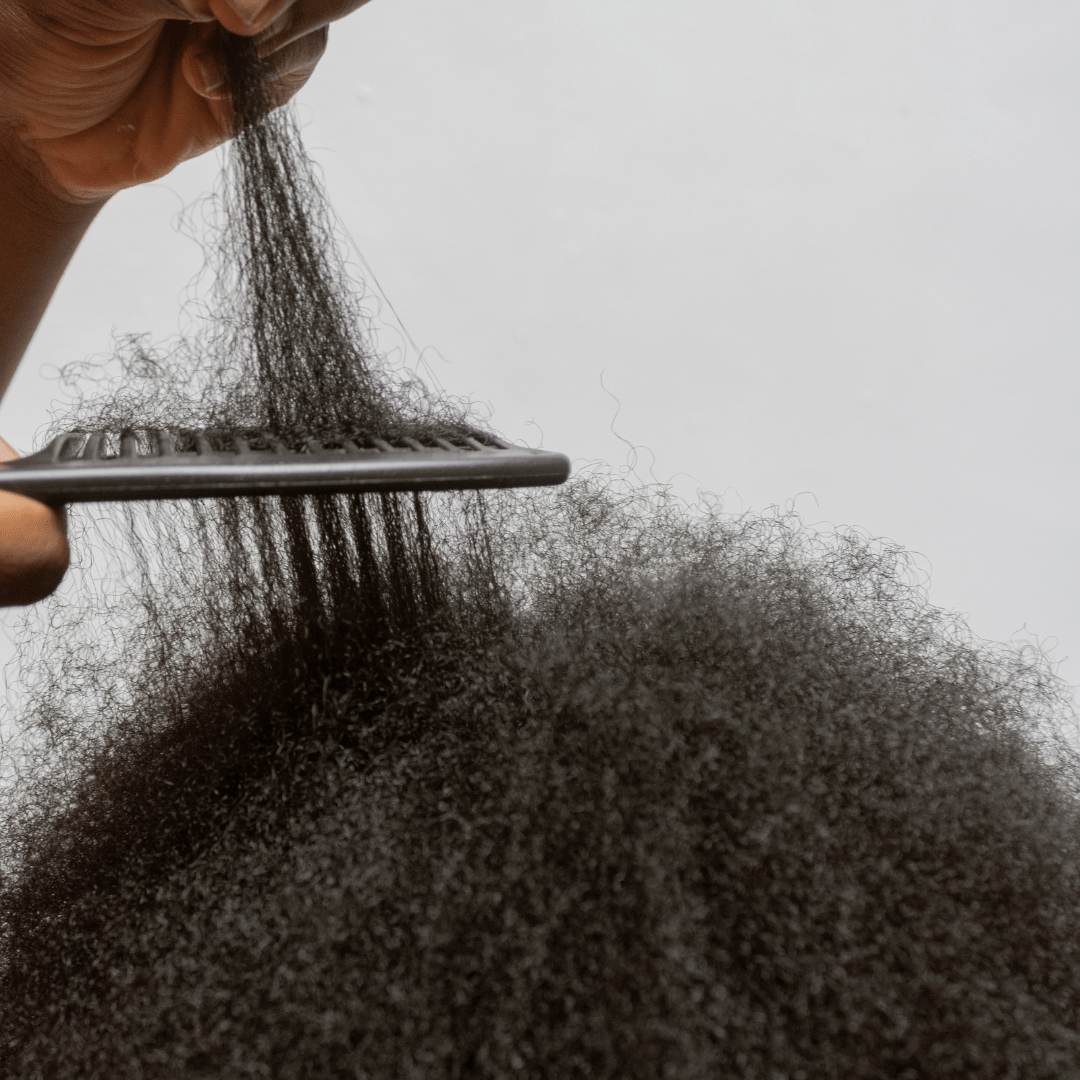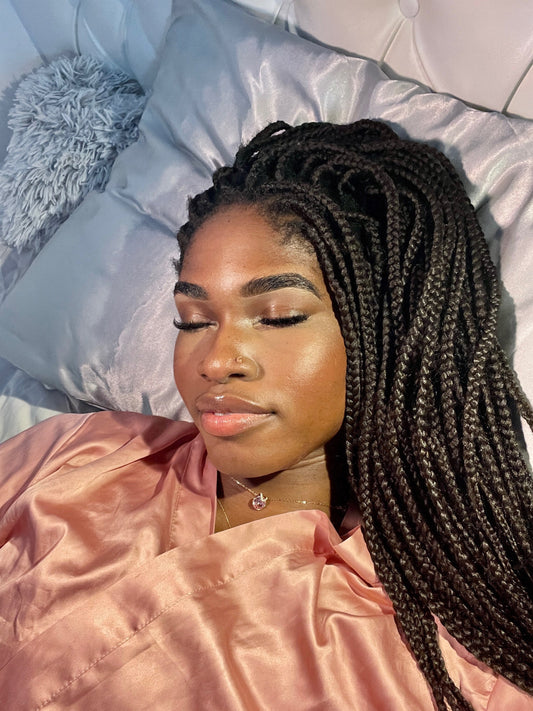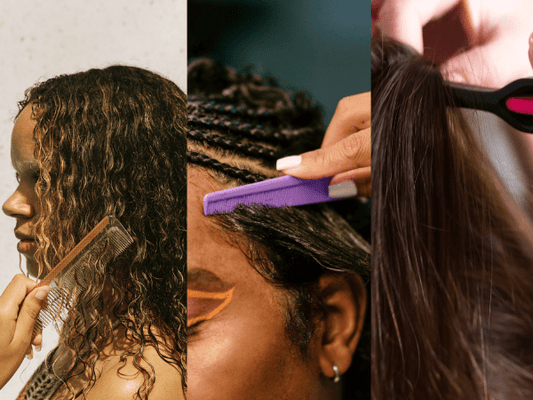Understanding the Causes of Dry Hair
Dry hair results from a lack of natural oils and moisture in the hair shaft, which can be attributed to several factors:
1. Environmental Exposure: Sun exposure, wind, humidity, and cold weather can strip hair of its natural moisture, leading to dryness.
2. Heat Styling: Regular use of hair dryers, straighteners, and curling irons can cause significant moisture loss and damage the hair cuticle.
3. Chemical Treatments: Dyes, relaxers, perms, and other chemical treatments can compromise the hair's natural protective layer, leading to dryness.
4. Over-Washing: Washing hair too frequently with harsh shampoos can remove the scalp's natural oils, essential for maintaining hair moisture.
5. Poor Diet: Lack of essential nutrients, vitamins, and hydration can impact hair health, resulting in dry strands.
6. Genetic Factors: Some people naturally produce less sebum, which can lead to inherently drier hair.
Hydration Solutions for Dry Hair
Addressing dry hair requires a holistic approach, focusing on both internal and external hydration and nourishment.
1. Moisturizing Hair Care Products:
- Choose Hydrating Shampoos and Conditioners: Look for products specifically formulated for dry hair, containing ingredients like glycerin, natural oils (such as argan, coconut, and jojoba), and butters (such as shea and cocoa).
- Incorporate Leave-In Conditioners: Leave-in treatments can provide continuous moisture throughout the day, helping to combat dryness and frizz.
- Use Deep Conditioning Treatments: Regular deep conditioning treatments (at least once a week) can replenish moisture levels, restore elasticity, and enhance hair strength.
2. Limit Heat Styling:
- Air Dry When Possible: Let your hair air dry naturally instead of using a blow dryer.
- Use Heat Protectant Products: When heat styling is necessary, always apply a heat protectant to minimize damage.
- Lower Heat Settings: Opt for the lowest heat setting on your styling tools to reduce moisture loss.
3. Protect Hair from Environmental Stressors:
- Wear a Hat: Protect your hair from the sun and wind by wearing a hat or scarf when outdoors.
- Use UV Protection Hair Products: Some hair products contain UV filters to protect hair from sun damage.
4. Adjust Washing Habits:
- Reduce Washing Frequency: Limit shampooing to two or three times a week to prevent stripping natural oils.
- Rinse with Cool Water: Finish your wash with a cool water rinse to seal the hair cuticle and lock in moisture.
5. Improve Nutrition and Hydration:
- Stay Hydrated: Drinking plenty of water is essential for overall health and can improve hair hydration.
- Eat a Balanced Diet: Ensure your diet includes foods rich in omega-3 fatty acids, vitamins (especially A, E, and B vitamins), and minerals (like zinc and iron) to support hair health.
6. Home Remedies and Natural Oils:
- DIY Hair Masks: Homemade masks using ingredients like honey, avocado, banana, or eggs can provide intense moisture and nourishment.
- Oil Treatments: Oils like coconut, olive, and almond can be used as pre-shampoo treatments to add moisture and protect hair during washing.
Tips for Managing Dry Hair
- Be Gentle: Handle your hair gently, especially when wet. Use a wide-tooth comb to detangle without causing breakage.
- Trim Regularly: Regular trims can remove split ends and prevent further splitting and breakage.
- Avoid Harsh Chemicals: Choose hair care products free from sulfates and alcohols, which can exacerbate dryness.
- Use a Humidifier: Adding moisture to the air in your home can help prevent your hair from becoming too dry, especially in winter.
Conclusion
Dry hair can be a challenging condition to manage, but with the right care and attention, it's possible to restore hydration and vitality to your locks. By understanding the causes of dryness and implementing targeted hydration solutions, you can achieve softer, healthier, and more lustrous hair. Remember, addressing dry hair is a journey that involves consistent care, patience, and adjustments based on what works best for your hair type and needs. With these strategies, you can combat dryness and enjoy the vibrant, hydrated hair you deserve.











